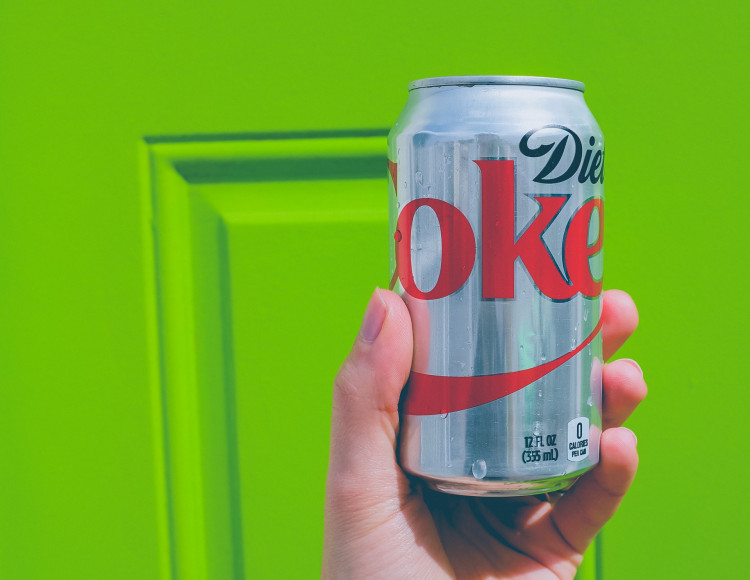By giving the taste of sugar without any calories, artificial sweeteners appear to be the only solution to successful weight loss. An average 12-ounce can of sugar-sweetened soda contains about 150 calories, nearly half of them from sugar. The same amount of dietary soda-zero calories. The choice appears to be a no-brainer.
The American Heart Association (AHA) and the American Diabetes Association (ADA) have somehow affirmed the use of artificial sweeteners instead of sugar to fight obesity, metabolic syndrome, and diabetes, both risk factors for heart disease.
Although they are not magic bullets, the smart use of non-nutritive sweeteners can help reduce the amount of sugar added to your diet, reducing the number of calories you consume. Reducing calories will help you gain and sustain healthier body weight, lowering the risk of heart disease and diabetes.
As with everything, there's more to the artificial sweetener story than their weight influence.
The FDA licensed five artificial sweeteners: saccharin, acesulfame, aspartame, neotame, and sucralose. A natural low-calorie sweetener, stevia, has also been approved. How the human body and brain respond to these sweeteners is very complex.
One problem is that people who use artificial sweeteners could substitute lost calories from other sources, likely offset weight loss or health benefits. This can happen when we want to deceive ourselves: "I'm drinking soda diet, so it's all right to have some cake." AHA and ADA also added this caveat to their suggestion.
It is also likely that these items would improve the way we eat food. This means that people who regularly use artificial sweeteners may tend to find less highly sweet foods, such as berries, less desirable, and non-sweet foods, such as vegetables, that are fully palatable.
In other words, using artificial sweeteners will help you shun healthy, filling, and highly nutritious foods while eating more artificially flavored foods of less nutritional value.
Artificial sweeteners too will play another trick. Research indicates that it can keep us from associating sugar with calorie intake. As a result, we may desire more candy, prefer to prioritize sweet food over healthy food, and gain weight. Participants of the San Antonio Heart Study who consumed more than 21 dietary drinks a week were twice as likely to become overweight or obese as those who had not eaten soda.
Think you can quit diet drinks just like that? Don't be so confident. Animal experiments show that artificial sweeteners can be addictive. In experiments in rats exposed to cocaine, the alternative of intravenous cocaine or oral saccharin was most preferred.
Overall, sugar might not be that bad. It's more about how it's packaged.
Sugar-containing foods in their natural state, whole fruit, for example, appears to be extremely nutritious-nutrient-dense, high in fiber, and low in glycemic load. On the other hand, refined, concentrated sugar ingested in high quantities quickly raises blood glucose and insulin levels, increases triglycerides, inflammatory mediators, and oxygen radicals and with them, increases the risk of diabetes, cardiovascular disease, and other chronic diseases.
In the end, it's all about self-control.






